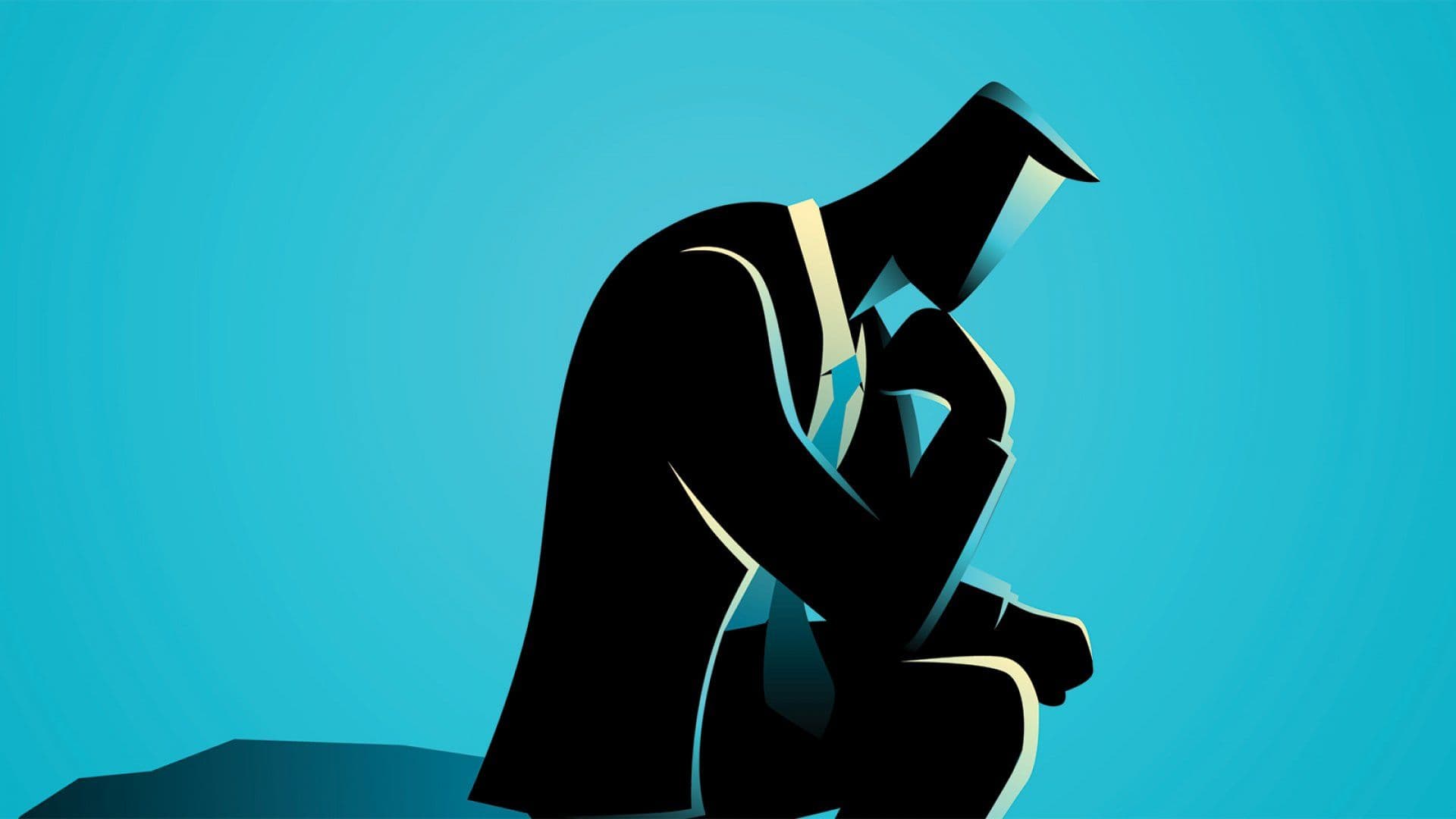Anonymous
2023-07-21
The Paradox of Regret
"Why regret anything? Where does it get you to regret anything you've ever done in your life? It gets you nowhere. It's a pathetic emotion that you can wallow in." - Robert Greene

Regret is indeed a complex and paradoxical emotion. On one hand, it can be seen as a negative and unproductive feeling that can lead to self-blame, self-pity, and prolonged suffering. Dwelling on past actions or choices can keep us stuck in a cycle of negative thoughts, preventing us from moving forward and embracing new opportunities.
However, on the other hand, regret can also serve as a valuable teacher. Reflecting on past actions, behaviors, and decisions allows us to learn from our mistakes, grow as individuals, and make better choices in the future. It is a sign of our capacity for self-awareness and self-improvement.
The key to understanding the paradox of regret lies in how we respond to this emotion. Unhealthy wallowing in regret can indeed be detrimental, hindering personal growth and well-being. But if we can approach regret with a constructive mindset, it can become a catalyst for positive change.
Recognizing our mistakes and acknowledging regret is an essential part of the human experience. It shows that we are not perfect, and that is okay. Embracing our imperfections and learning from them allows us to become more compassionate and understanding toward ourselves and others.
Instead of getting trapped in a cycle of self-pity, regret can motivate us to take action. It can spur us to make amends, seek forgiveness, or change our behaviors to avoid repeating the same mistakes. By doing so, regret becomes a stepping stone toward personal growth and self-improvement.
Ultimately, the key is to strike a balance between acknowledging regret and not allowing it to consume us. It is vital to remember that we cannot change the past, but we have the power to shape our future. Instead of dwelling on what we cannot change, we can focus on making positive choices in the present and creating a more fulfilling and purposeful life.
In conclusion, regret is a multifaceted emotion that can either hinder our progress or serve as a catalyst for growth. By acknowledging our regrets, learning from them, and using them as opportunities for positive change, we can transform this emotion from a stagnant burden into a valuable tool for personal development and a more fulfilling life journey.